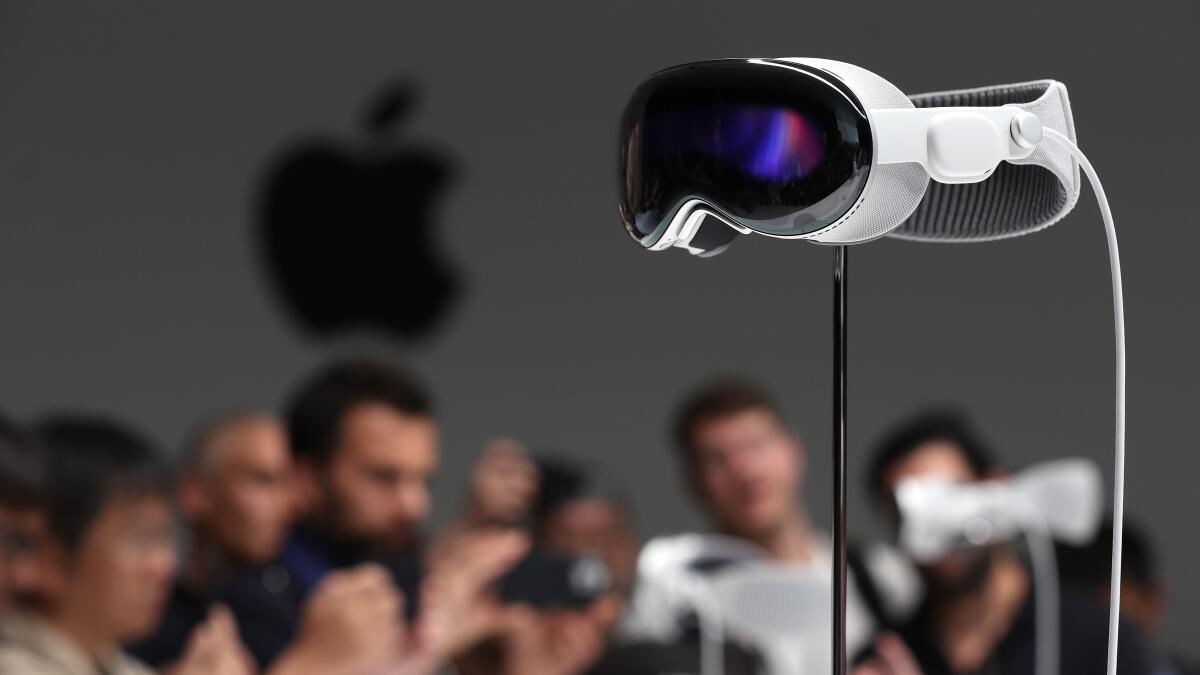The metaverse—a concept that once belonged in the realm of science fiction—has now entered mainstream conversations. From tech companies pouring billions into its development to promises of reshaping how we work, play, and connect, the metaverse is heralded as the next big thing. But is it truly the future, or just an overhyped idea? Let’s explore.
What is the Metaverse?
At its core, the metaverse is envisioned as a vast, interconnected virtual universe where people can interact through digital avatars. It merges augmented reality (AR), virtual reality (VR), blockchain, and social networking to create a world that mimics—and enhances—real-life experiences.
Why is the Metaverse a Hot Topic?
The term gained significant traction after Facebook rebranded itself as Meta in 2021, signaling a shift toward developing its version of the metaverse. Gaming platforms like Roblox and Fortnite, virtual workspaces like Microsoft Mesh, and decentralized platforms leveraging blockchain technology have further fueled its popularity. The question remains: is the hype justified?
The Vision of the Metaverse
What Promises Does the Metaverse Hold?
The metaverse aims to create an immersive digital space where possibilities are almost limitless. Here’s what it promises:
- Immersive Experiences: From concerts to virtual meetings, the metaverse offers 3D, interactive environments. Imagine attending a music festival on a beach without leaving your home.
- Economic Opportunities: Virtual real estate, NFTs, and digital currencies have opened up new avenues for commerce and investment.
- Enhanced Social Connectivity: The metaverse takes social networking to a whole new level, allowing users to hang out in virtual coffee shops or attend digital events together.
Key Players Building the Metaverse
Several companies are shaping the metaverse, including:
- Meta (formerly Facebook): Developing platforms like Horizon Worlds for social interaction and collaboration.
- Epic Games: Creators of Fortnite, a pioneer in virtual events and in-game economies.
- Microsoft: Integrating the metaverse into professional environments with Microsoft Mesh.
The Challenges Facing the Metaverse
Technological Hurdles
Building a fully functional metaverse is no easy feat. The technology required is complex and expensive:
- Hardware Costs: Devices like VR headsets and haptic suits are costly, limiting accessibility for average users.
- Infrastructure Needs: A truly seamless metaverse demands faster internet speeds and robust computing power.
Privacy and Security Concerns
As the metaverse evolves, so do the risks:
- Data Privacy Risks: With users spending more time in the metaverse, platforms will collect unprecedented amounts of personal data. How this data is managed and protected is a pressing issue.
- Cybersecurity Threats: From identity theft to virtual property hacking, the metaverse introduces new vulnerabilities.
Interoperability Issues
One of the metaverse’s key visions is to create an interconnected universe. However, most platforms currently operate in silos. Achieving interoperability across various ecosystems is a major challenge.
Metaverse in the Real World: Fact or Fiction?
How Much of It is Real Today?
The metaverse isn’t just a distant dream—it’s already taking shape in specific areas:
- Gaming: Platforms like Minecraft, Roblox, and Second Life offer early glimpses of metaverse-like environments.
- Virtual Events: From Travis Scott’s concert in Fortnite to fashion shows in Decentraland, immersive digital events are becoming mainstream.
- Professional Collaboration: Tools like Microsoft Mesh enable virtual collaboration, blending AR and VR with traditional meetings.
Where Do We Still Fall Short?
While we’ve made progress, many promises of the metaverse remain unmet:
- Realistic Avatars: Current avatars lack the realism needed for a fully immersive experience.
- Scalability: Ensuring millions of users can simultaneously access metaverse platforms without lags is a technical challenge.
The Potential Impact of the Metaverse
Revolutionizing Industries
The metaverse is poised to disrupt several industries:
- Gaming: Already at the forefront, gaming platforms are leading the charge in monetizing virtual worlds.
- E-commerce: Virtual showrooms and AR-powered shopping experiences could redefine online retail.
- Education: Virtual classrooms offer immersive learning experiences, making education more interactive.
- Healthcare: The metaverse could provide virtual environments for therapy, training, and consultations.
The Social and Ethical Implications
While the metaverse has transformative potential, it raises critical questions:
- Social Impact: Will the metaverse foster deeper connections or exacerbate isolation?
- Inclusivity: Can everyone access and benefit from the metaverse, or will it widen the digital divide?
- Ethical Concerns: How do we ensure fairness and accountability in these virtual spaces?
Speculation vs. Reality: Is It Hype or Inevitable?
Arguments for the Metaverse as the Future
Advocates believe the metaverse is not just a possibility but an inevitability:
- Massive Investments: Tech giants are pouring billions into metaverse development, indicating confidence in its future.
- Technological Progress: Advances in AI, AR/VR, and blockchain are making the metaverse more feasible.
Arguments Against It
Skeptics argue the metaverse is overhyped:
- Technological Limitations: Current infrastructure and hardware are far from meeting the metaverse’s lofty ambitions.
- Public Acceptance: Convincing people to adopt a fully digital lifestyle may prove difficult.
What Lies Ahead for the Metaverse?
Technological Innovations to Watch
Several technologies will drive the metaverse’s evolution:
- AI and Machine Learning: To create realistic avatars and responsive virtual environments.
- Blockchain: Enabling secure digital transactions and ownership of virtual assets.
- 5G Connectivity: Providing the speed and low latency necessary for seamless interactions.
The Role of Governments and Regulations
Governments will play a critical role in shaping the metaverse’s future. Clear regulations are needed to address issues like data privacy, intellectual property, and taxation.
Timeline of Realization
Experts predict that it will take at least 5–10 years for the metaverse to mature into its full potential. However, incremental advancements will continue to reshape how we interact with the digital world.
Conclusion
The metaverse is neither pure fact nor fiction—it’s somewhere in between. While the foundation for a digital universe is being laid, significant challenges remain. Whether it becomes a transformative force or fades as a passing trend will depend on technological breakthroughs, ethical governance, and public adoption. The future of the metaverse is uncertain but undeniably fascinating. Will you embrace it or remain skeptical?







